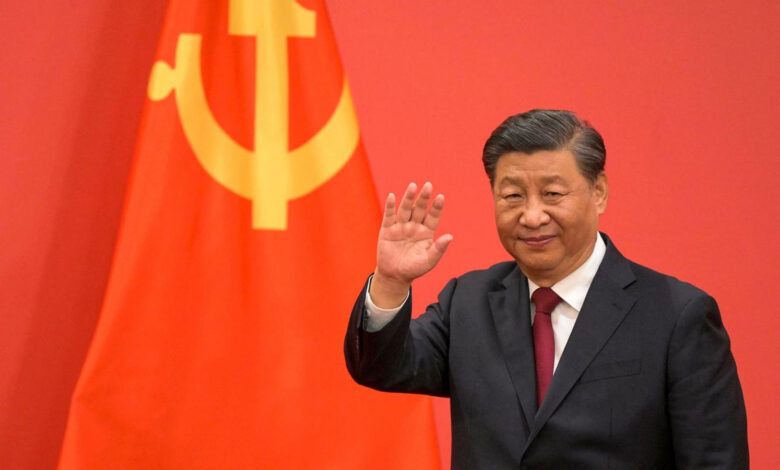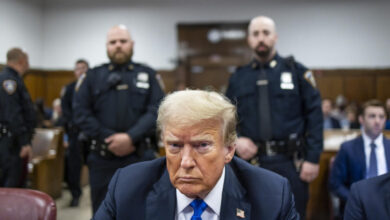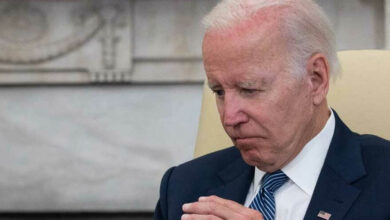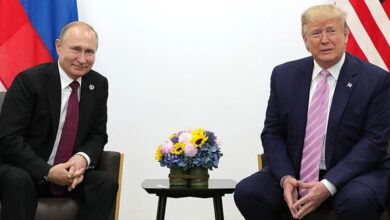Xi Jinping Highlights Economic Recovery, Vows Taiwan Reunification in New Year Address
BEIJING, CHINA — In his annual New Year's address, Chinese President Xi Jinping struck a dual tone of optimism and assertiveness, highlighting the resilience of China's economy while reiterating Beijing's stance on reunifying with Taiwan.

BEIJING, CHINA — In his annual New Year’s address, Chinese President Xi Jinping struck a dual tone of optimism and assertiveness, highlighting the resilience of China’s economy while reiterating Beijing’s stance on reunifying with Taiwan. The speech, broadcasted across the nation, came at a time when China is navigating through economic uncertainties and heightened geopolitical tensions.
Xi emphasized that despite facing “new conditions” and “external uncertainties,” China’s economy was on an “upward trajectory.” He noted that the GDP for 2025 would likely exceed 130 trillion yuan, showcasing confidence in the country’s economic recovery amid global challenges. This statement follows a year where China grappled with a property sector slump, record youth unemployment, and international trade pressures.
However, the address was not solely focused on economic matters. Xi Jinping made a strong assertion regarding Taiwan, stating that “no one can ever stop China’s reunification, a trend of the times.” This comment was particularly poignant as it was made just weeks before Taiwan’s presidential election, where the issue of independence versus reunification with China is a central theme. Xi’s remarks were interpreted by many as a thinly veiled threat to Taiwan’s sovereignty, especially in light of recent military activities in the Taiwan Strait.
The Chinese leader’s speech also touched on the importance of national unity and the shared destiny of the people on both sides of the Taiwan Strait. He emphasized that “Chinese on both sides of the Taiwan Strait belong to one and the same family,” suggesting an emotional appeal for reunification while not explicitly detailing the methods by which it would be achieved.
Critically, Xi’s address was seen as an attempt to bolster domestic confidence while signaling to the international community, particularly the United States, about China’s unwavering stance on Taiwan. This comes against the backdrop of increased U.S. military support for Taiwan and ongoing trade disputes that have added to the complexity of Sino-U.S. relations.
Xi’s message also underscores China’s strategy to manage its image both at home and abroad, balancing between showcasing economic resilience and projecting military and political resolve over Taiwan. With Taiwan’s election looming and economic recovery in focus, 2025 is poised to be a significant year for China’s domestic and foreign policy.




